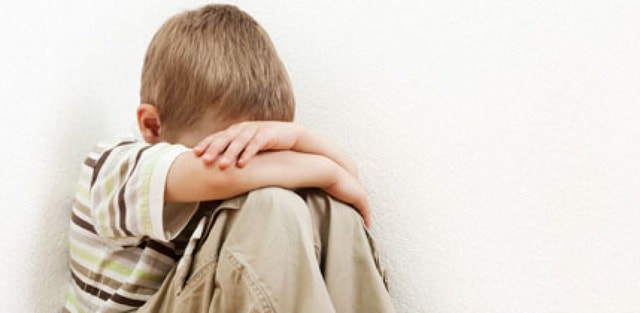Signs of depression in children
Modern life creates more and more pressure on people, pressure at work, in study, in family life… making us tired, stressed and even leading to depression. Depression is not only a disease of adults, even children can suffer from this disease.

Depression is not just a fleeting feeling of sadness, but often a persistent sadness (lasting more than 2 weeks) that affects the child's daily life. Experts who study behavioral and emotional disorders in children say that depression in young children is rare but increases with age and tends to increase. About 2% of children suffer from depression and 4-8% of adolescents.
Depression in young children can be difficult to diagnose because it can be masked by the child's hyperactivity, lack of concentration, other emotional behaviors, or learning difficulties.
In the minds of many parents, childhood is often associated with joy and laughter of children. When children are depressed, it creates anxiety and a feeling of helplessness to solve the problem in parents. Depression in children is not always recognized because mood swings are common at this age.
Children with depression tend to communicate less with adults, such as whispering less, making less eye contact. In addition to genetic and biological factors, depression in children is largely due to circumstances, external influences, possibly due to parental divorce, loss of a loved one, change of residence or mental trauma...
According to Moussa Nabati - Psychoanalyst, depression in children sometimes causes misunderstandings. Children have few expressions, instead they often complain of headaches, stomachaches, sad faces, sleep all day, lose interest in playing... these are warning signs of depression in children.
When parents have a child with depression, they often feel helpless in the face of the situation, especially when they have just experienced a psychological crisis themselves. While the use of antidepressants in children is controversial, psychotherapy is indeed effective.
Scientists have researched and shown that outdoor physical activities are good for children's psychology and physiology, significantly reducing depression. Physical activities increase the secretion of "happy" hormones such as serotonin, dopamine, endorphins and reduce the secretion of cortisol - the stress hormone, but need time to rest and relax...
Humor is also important (have laughs, create “grimacing” contests…), these things help the body produce happy hormones, help relax muscles. Be close to your child during the day, for a few weeks and from there improve the child’s mood, humor returns to the child’s face!
In the early stages of depression, children need family support and encouragement to help them overcome the most difficult stages. However, in severe cases, consulting a doctor is necessary.
According to Dantri
| RELATED NEWS |
|---|

